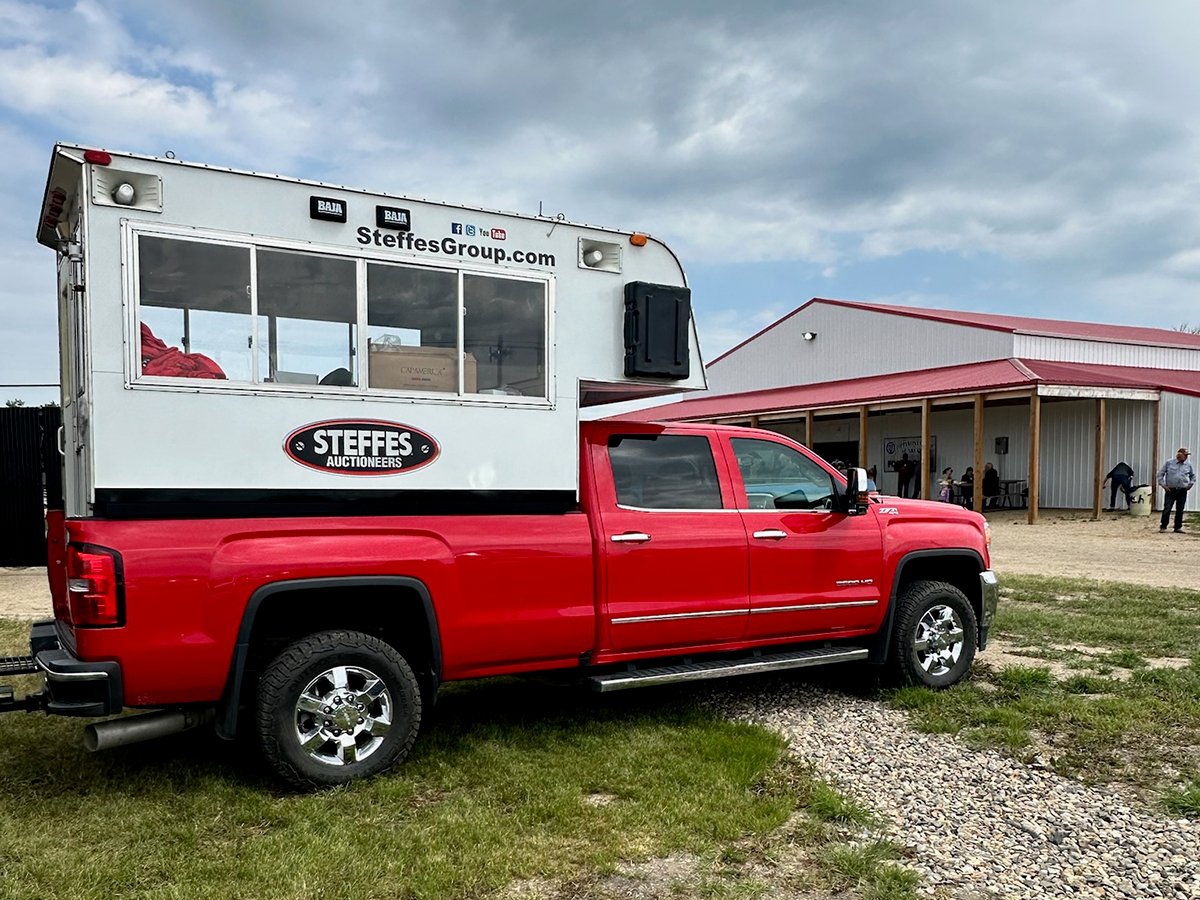Lightning is powerful and can do tremendous damage, as often happens in outbreaks of forest fires in the northern regions.
Lightning is common on the plains as well. Many homes use lightning rods to divert and conduct the charge down into the earth. But if and when lightning hits, the damage is immediate and often extensive.
Tragic or unexpected events in life can hit us with the same force as any lightning bolt. And we don’t have lightning rods. We are knocked off our feet, shattered or stunned or totally confused. We often don’t even realize what has happened to us until much later.
Read Also

Farm auctions evolve with the times
Times have changed. The number of live, on-farm auctions is seeing a drastic decline in recent years. Today’s younger farmers may actually never experience going to one.
Bereavement is one of the biggest lightning bolts of all. We all know intellectually that we and those we love are mortal, and will die some day in the future. But we tend to deny it emotionally and are never ready when it happens.
Separation or divorce are often catastrophic for people. They don’t, can’t and won’t believe what is happening. Losing a career or job may be like a lightning bolt for anyone who has built his or her life around a job.
And some people are hit with the onset of severe mental illness, like schizophrenia, deep prolonged depression or life-threatening diseases like cancer or Lou Gehrig’s disease.
Because most people are in a state of shock and disbelief, it’s hard for them to reach out for help. They often don’t know where help is.
Forestry officials say when lightning strikes in the forest, a fire does not always immediately result. Depending on how much moisture is in the trees or ground, it may smolder for some time before breaking into flames.
Mind acts as shield
When life hits us with a personal bolt of lightning, we tend to immediately shut down as a form of self-protection. When something is too painful to accept or too difficult to understand, our mind may step in and shield it from us. Some people feel absolutely nothing during the first week of grieving a loss.
Eventually though, we have to come back to the real world. This is where feelings we have been suppressing, which were smoldering within, break out and take us over like an inferno.
We often aren’t prepared for the intensity of these feelings, whether sadness, anger, or a combination of the two. Unfortunately, if others don’t understand this is a normal process, our intense emotions can cause others who want to help to back away.
We can be prepared to handle the next lightning strike we may experience. If we’re willing to reach out and talk to someone, whether a counsellor, a pastor, a doctor or a nurse, we can get some help with that task. But we’ve got to decide to do it.














